What is Psychogeography?
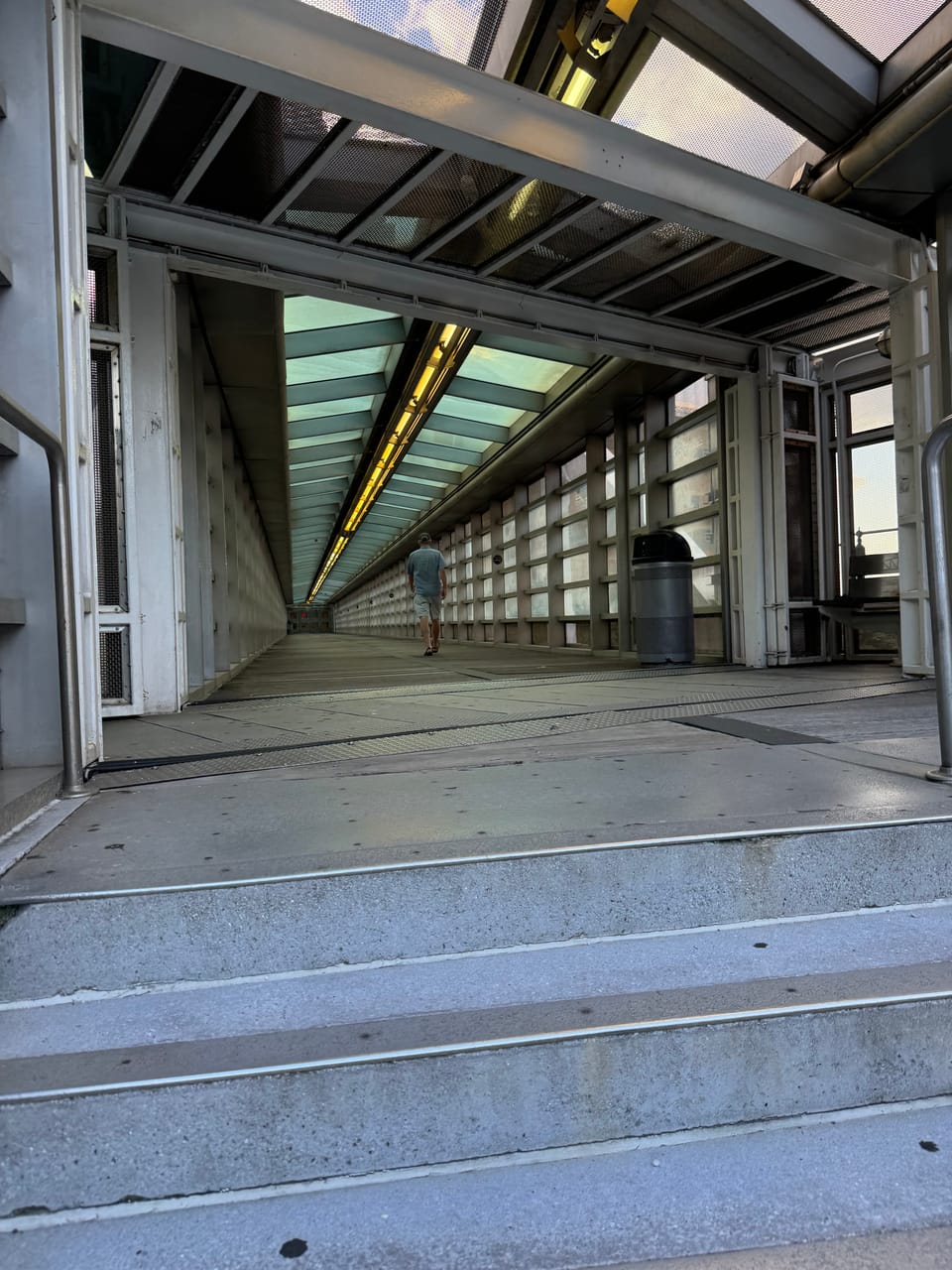
Consciousness is a Map
On Monday I took a group of 8 from the Meatpacking District up to Hudson Yards via The High Line.
In the group was a bright young French couple who asked good questions and still had the twinkle in their eyes.
After the tour I met up with my compatriot D. (also a guide) and we did our normal professional development/wander thing, where we eat stuff, notice stuff, talk to people, and learn what we can about the semi-random places we pass through.
After getting slices at Two Boots in the West Village, we found ourselves having a mediocre pie at Lombardi's, said to be the oldest extant pizzeria in NYC. The service is friendly, but the pizza is disappointing and the spot doesn't have near enough charm, mainly because for much of the company's history, they were up the street at 53 Spring Street, rather than at their current location at No. 32.
After the pie we walked west on Spring towards 53 to put eyes on the original location, and standing almost directly in front of it were the French couple from earlier. We all had a big laugh at the serendipity of both parties arriving at this random spot at the exact same time, then we stood on the sidewalk for a few golden minutes.
- I'd suggested they hit the Staten Island Ferry, from which they'd just returned.
- I'm hoping to be a few days in Paris in October, and they'd discussed places to send me in the city's eastern arrondissements. 😍
- Best of all, on the tour they'd asked me why Chicago pizza was different than New York, and I said I'd ask D., who knows a lot about it. Then all of a sudden they were all together, and they could hear it directly from him. (Ike Sewell and Richard Riccardo of the original Pizzeria Uno just wanted to develop their own thing in the 1940s. Chicago style spread from there.)
This is psychogeography.
It's the fuzzy study of how place affects human emotions and behavior.
The Psychogeographer knows that consciousness is a map, and that humans get wiser and sexier the more we build up our maps of the world around us. (Wandering is good for this.)
The psychogeographer understands that place is not simply a stage upon which human drama unfolds, rather place is an active participant in that drama, and the psychogeographer seeks to experience, record, and influence how people interact with their maps.
For me, and probably for the other three, this synchronistic meeting on Spring Street means that the sidewalk in front of No. 53 will forever be marked by this moment. The fact that a few days ago a surprising moment caused an explosion of colorful chemicals poppin' in my brain means that from now on, I can pass through that spot and relive (and to a lesser degree revivify) the experience. My map is enriched. My consciousness is enriched.
This is psychogeography. If it made easy sense, it wouldn't be interesting.
I have been, and will continue to encourage you to wander, and even to think of yourself as a psychogeographer. What do you feel when you pass through this intersection? Why do you like this store more than that other one?
There are many benefits of industrial society. I don't need to repeat them. But one of the drawbacks is that many of us don't know where we are. We have no notion of the story of a place, no concern for cause and effect. As a result, we've lost site of something that all of our ancestors knew. Place matters.
The more you know about where you are - both what's happening now, and what has happened before - the better your decisions become. And that is quite literally the difference between life and death.
Go wander.
Morgan
P.S. - This was written across two sessions in the main hall of the New York Public Library, one of the grandest public interiors in the United States.
P.S.S. - Also, there's something strange going on with 53 Spring Street and the way it doesn't quite front to the Street. If you can shed light on this mystery, please let me know in the comments.
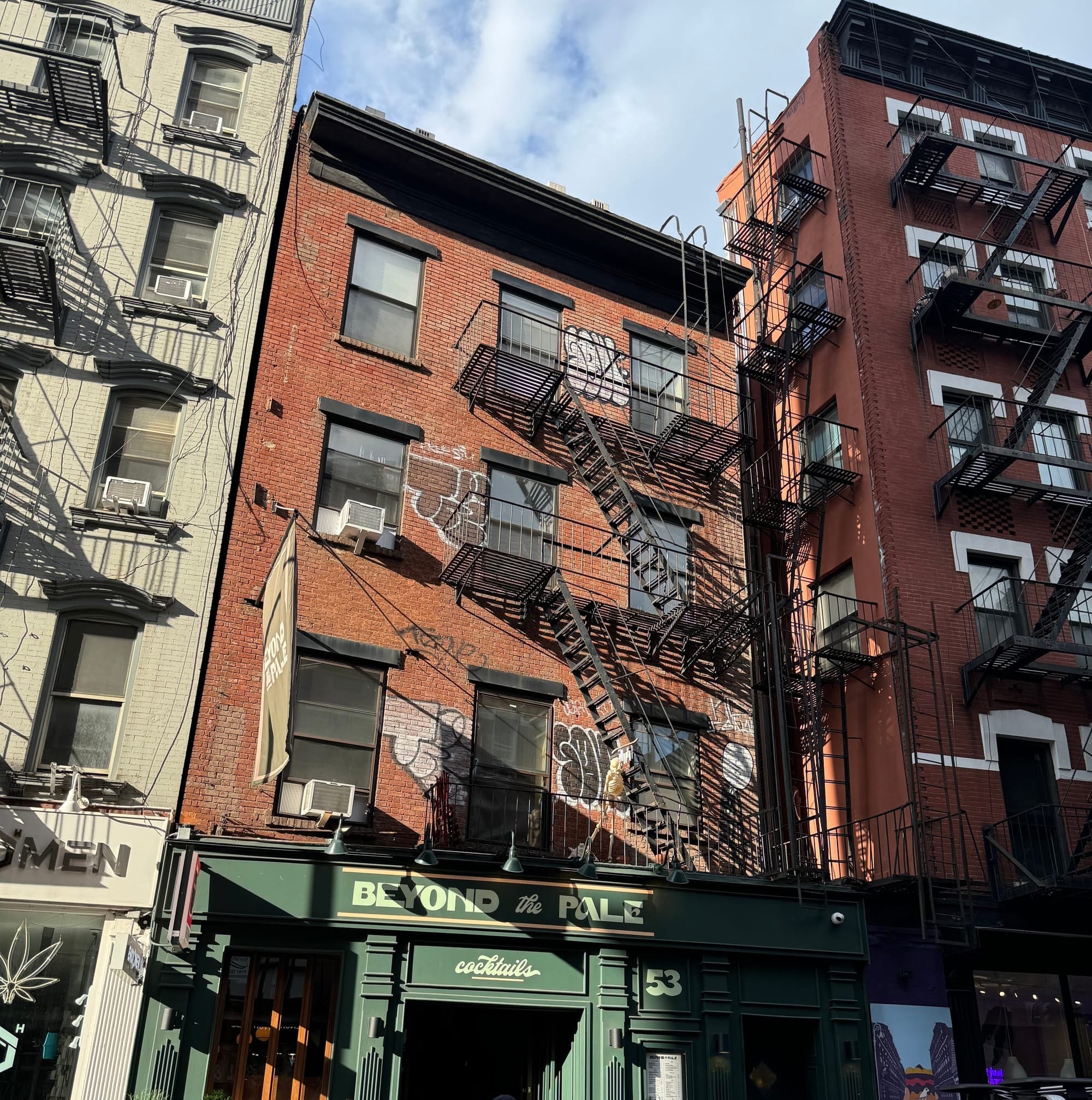
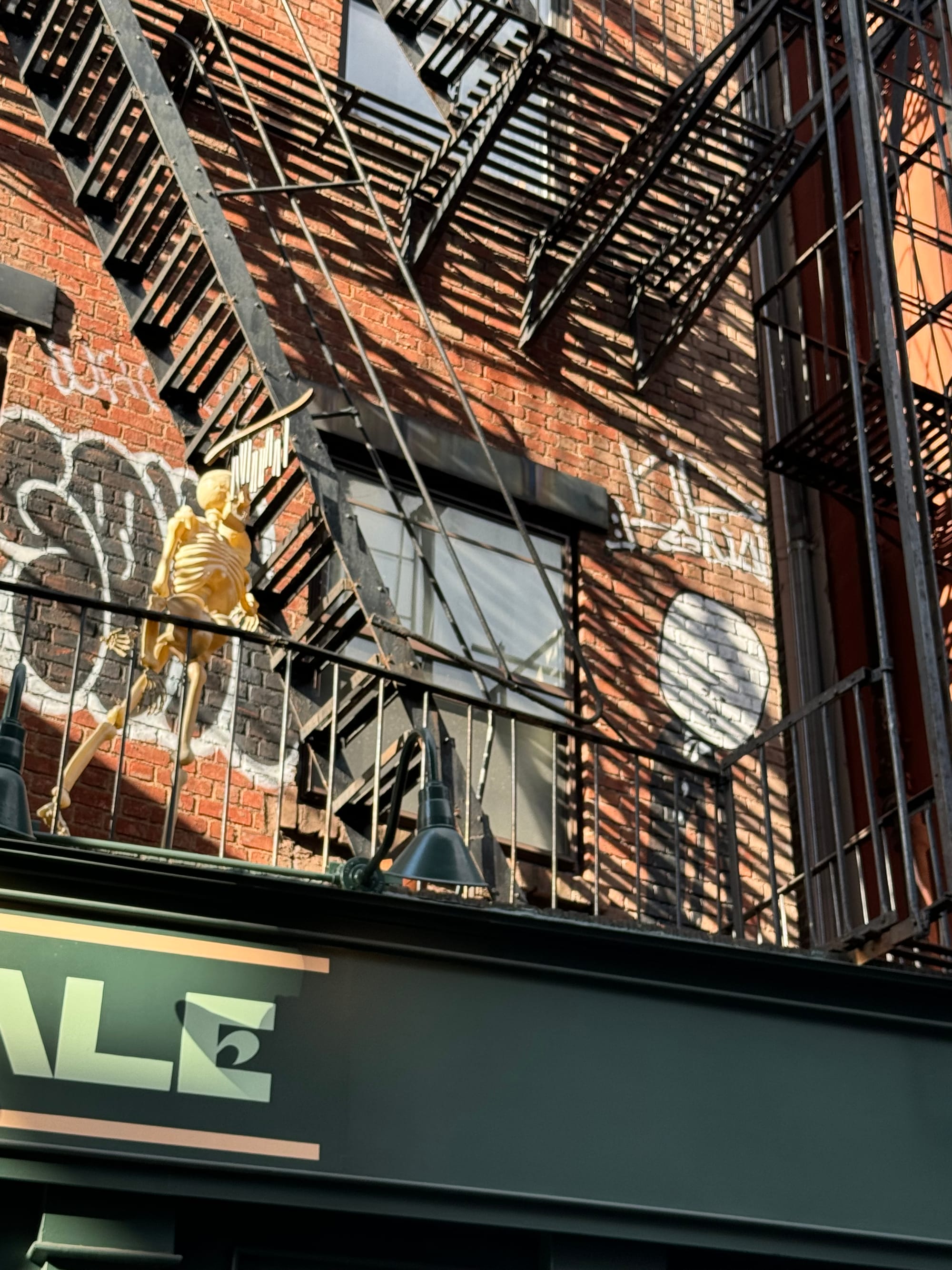
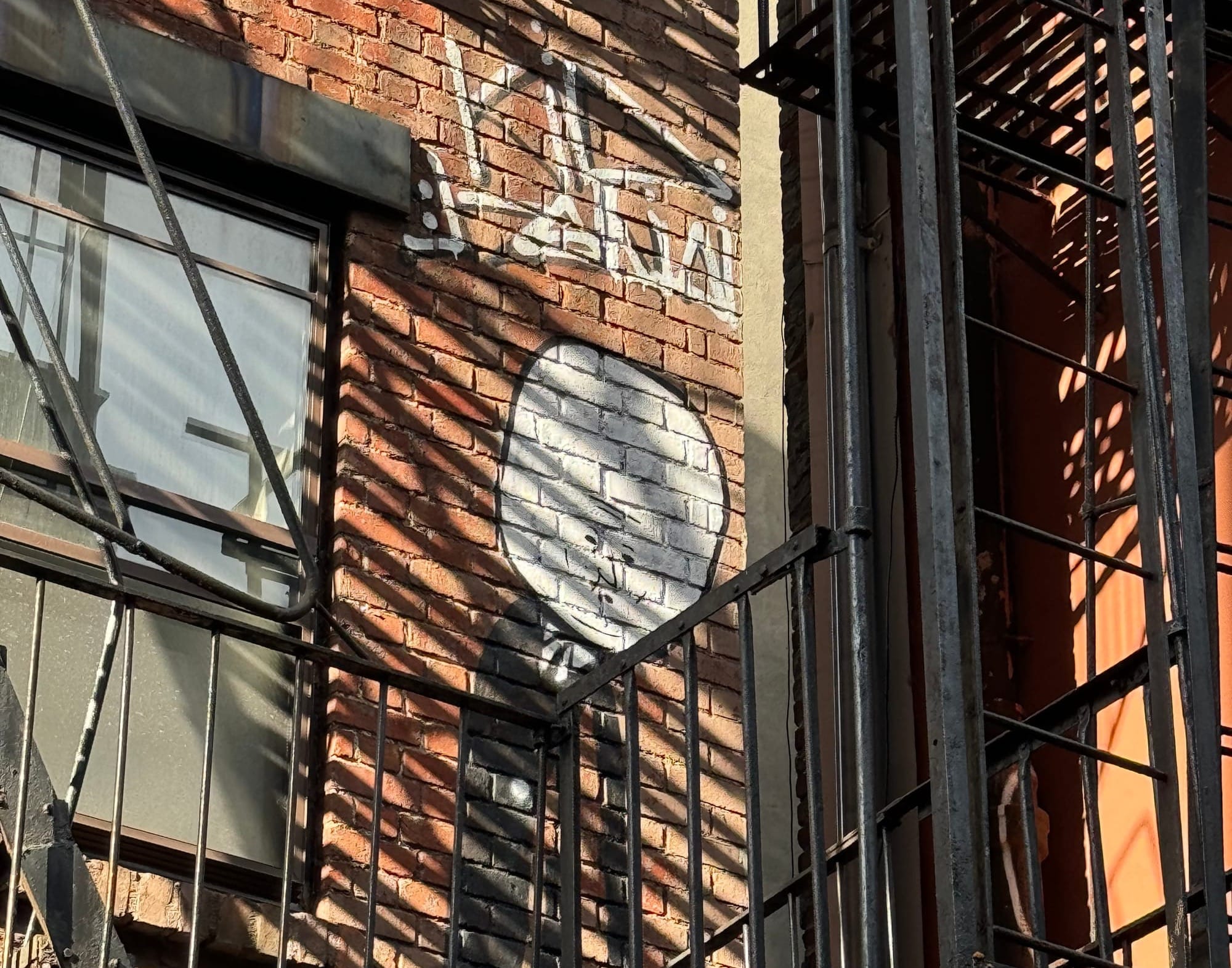
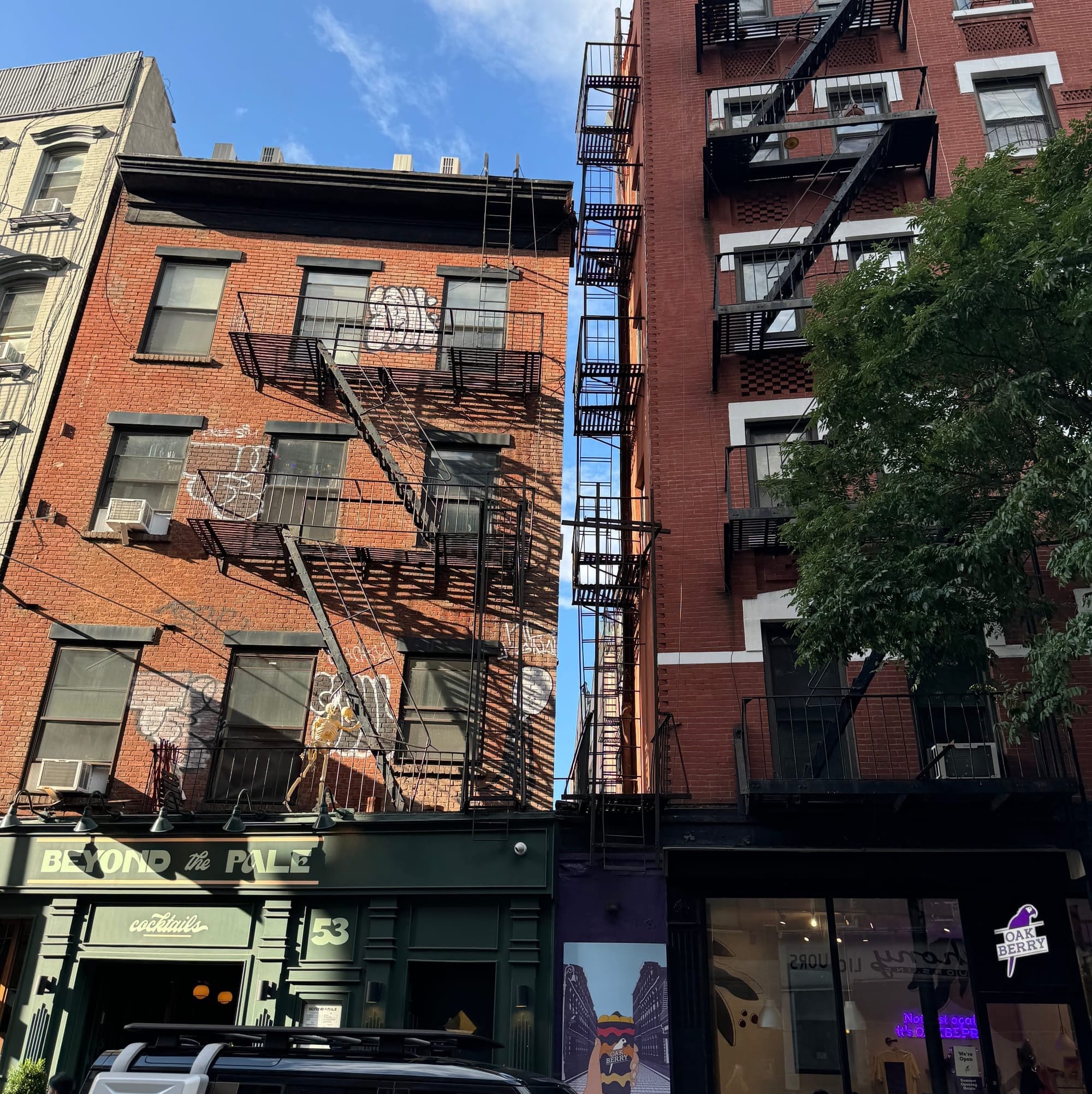
Notice how 53 Spring drops its left shoulder as if passing someone on the sidewalk.
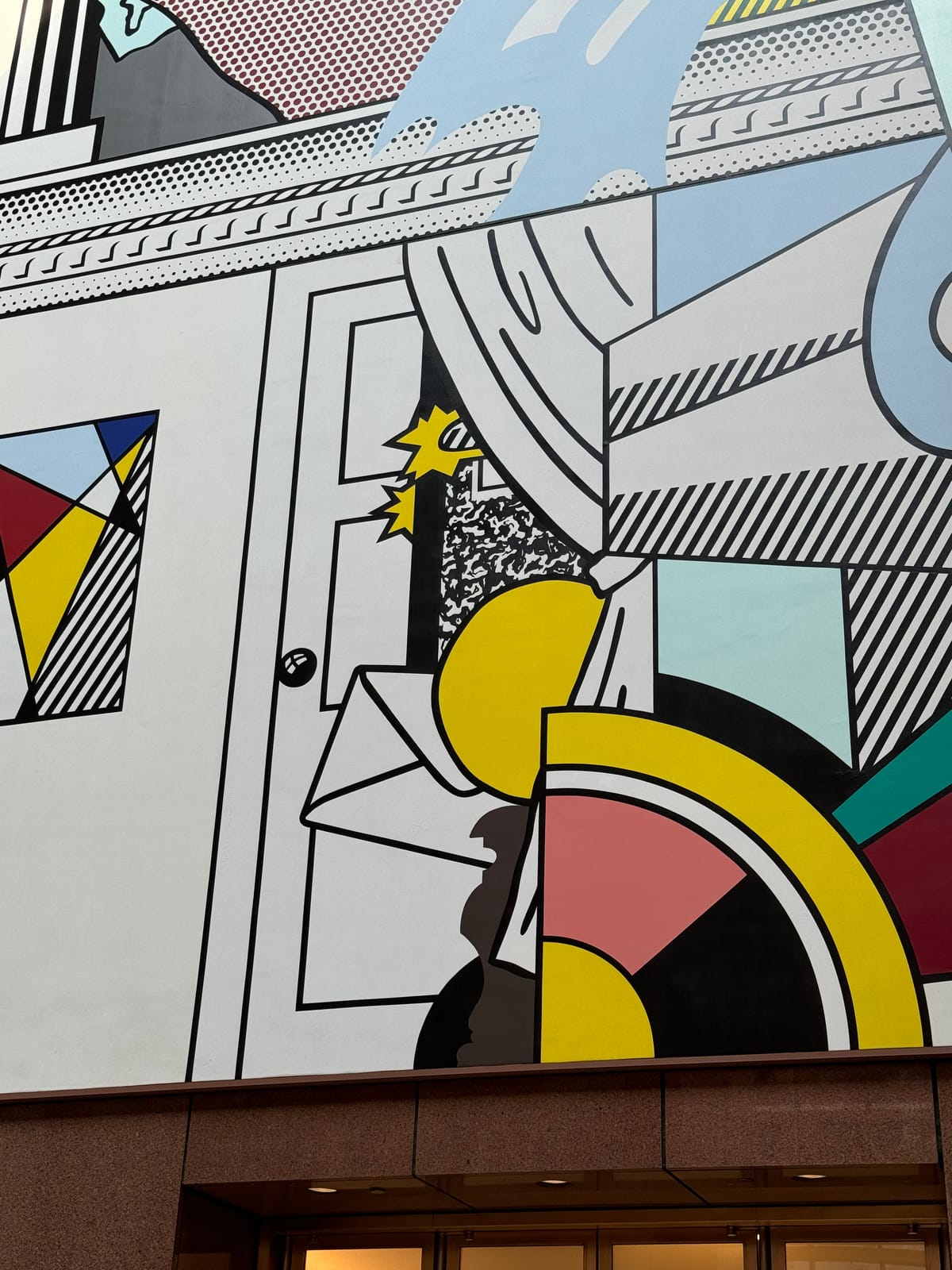

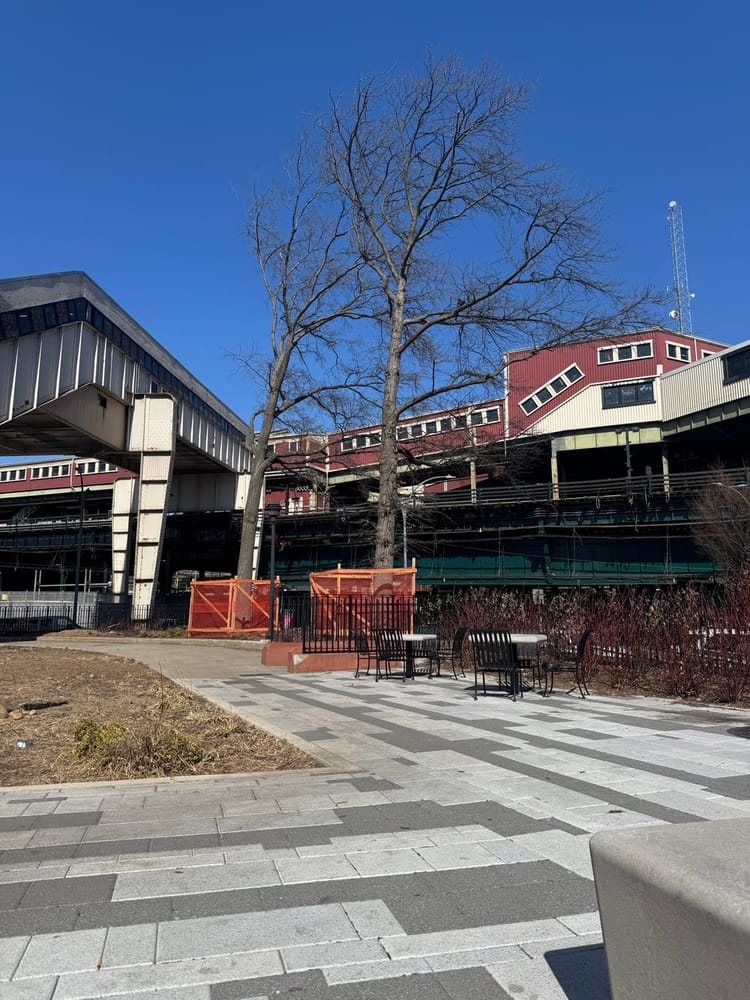
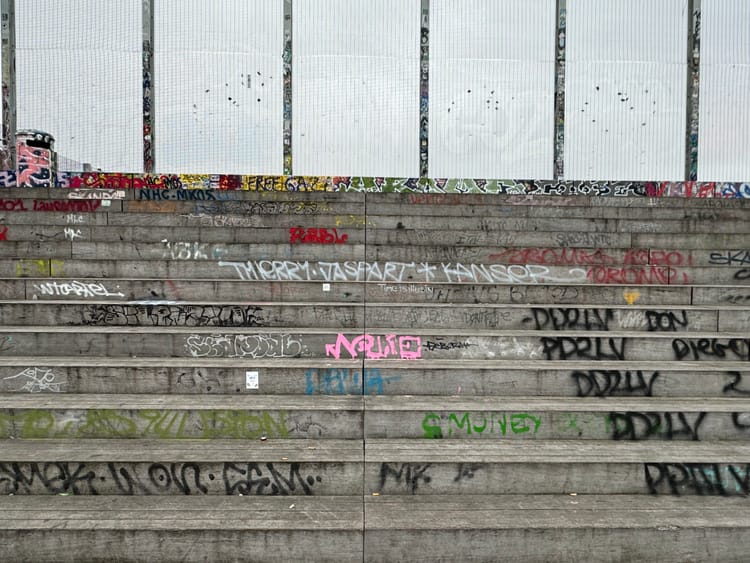
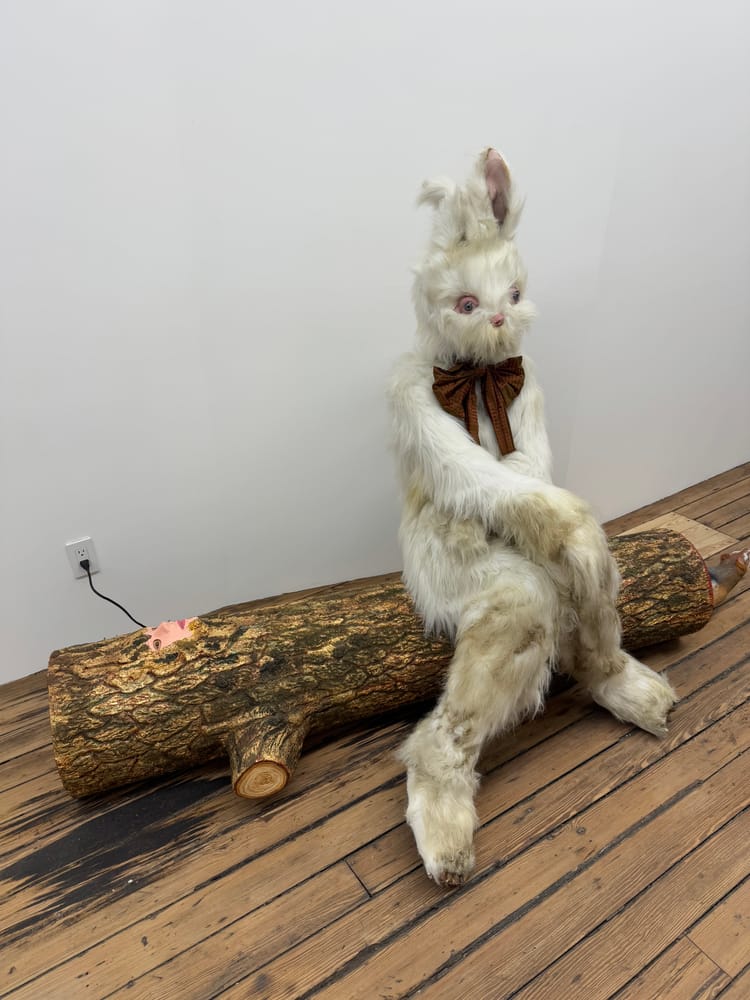
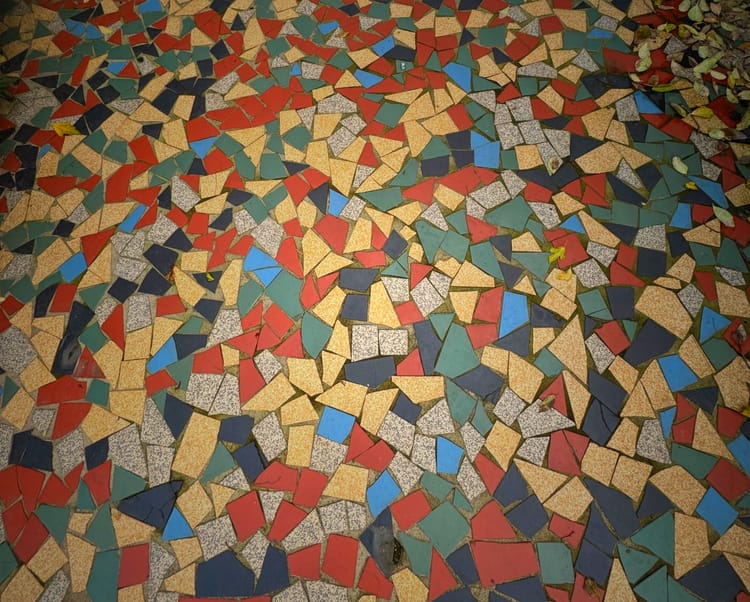
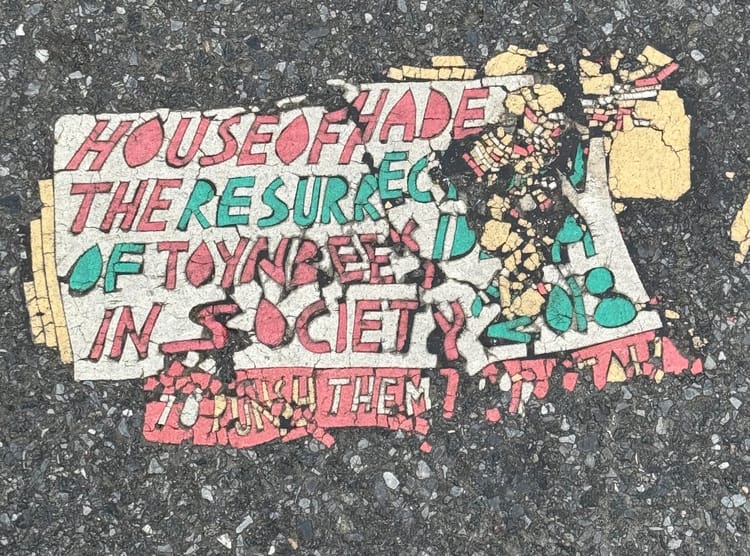
Member discussion